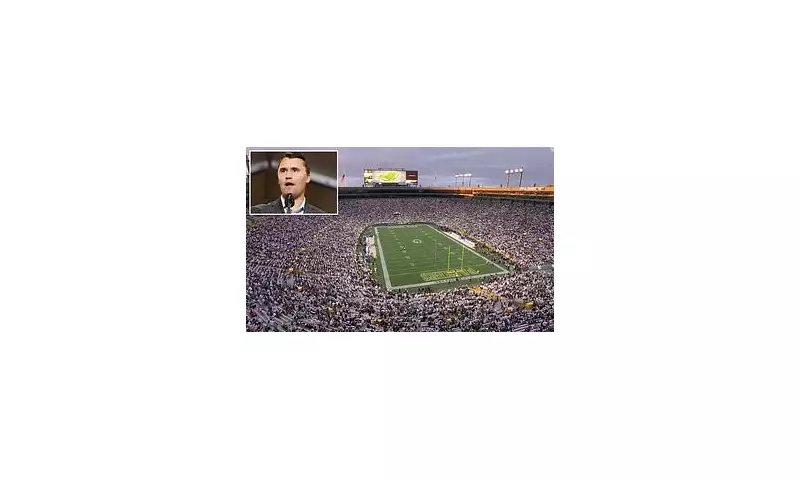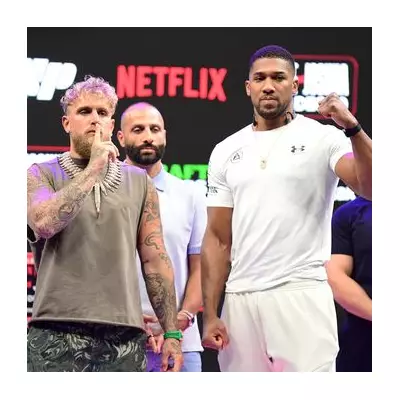
The National Football League has moved to quell a growing controversy, confirming that teams will not be compelled to hold moments of silence for right-wing commentator Charlie Kirk, whose planned tribute by the Green Bay Packers was abruptly cancelled following a fierce public outcry.
The situation unfolded when the Packers organisation initially announced plans to honour Kirk, founder of the conservative group Turning Point USA, during their upcoming game. The proposal triggered an immediate and powerful backlash from fans and social media users across the United Kingdom and beyond.
Fan Power Forces Swift Reversal
Facing a deluge of criticism and negative publicity, the Packers' management performed a rapid U-turn, scrapping the planned tribute entirely. The team's official social media channels became a battleground of opinions, with many supporters threatening to boycott games and merchandise if the honour proceeded.
An NFL spokesperson later clarified the league's position, stating: "While individual teams may choose how to commemorate figures they consider significant, the league will not mandate any form of tribute for Mr. Kirk. These decisions remain at the discretion of each franchise."
The Controversial Figure at the Centre
Charlie Kirk, known for his divisive political commentary and strong conservative stance, has become a polarising figure in American culture. His organisation, Turning Point USA, focuses on engaging young people with conservative ideas, but has frequently drawn criticism for its approach and messaging.
The proposed honour raised questions about the intersection of sports and politics, a particularly sensitive topic in the NFL which has previously grappled with player protests during the national anthem.
Broader Implications for Sports Tributes
This incident highlights the increasing scrutiny sports organisations face when aligning themselves with political figures. In an era of heightened social awareness, teams are finding that their choices regarding honours and tributes can have significant commercial and reputational consequences.
The Packers' quick reversal demonstrates the power of fan opinion in shaping organisational decisions, particularly when potential financial impacts become apparent through threats of boycotts and negative publicity.
As the NFL continues to navigate the complex relationship between sports and societal issues, this episode serves as a clear example of how quickly public sentiment can influence even the most established sporting institutions.





